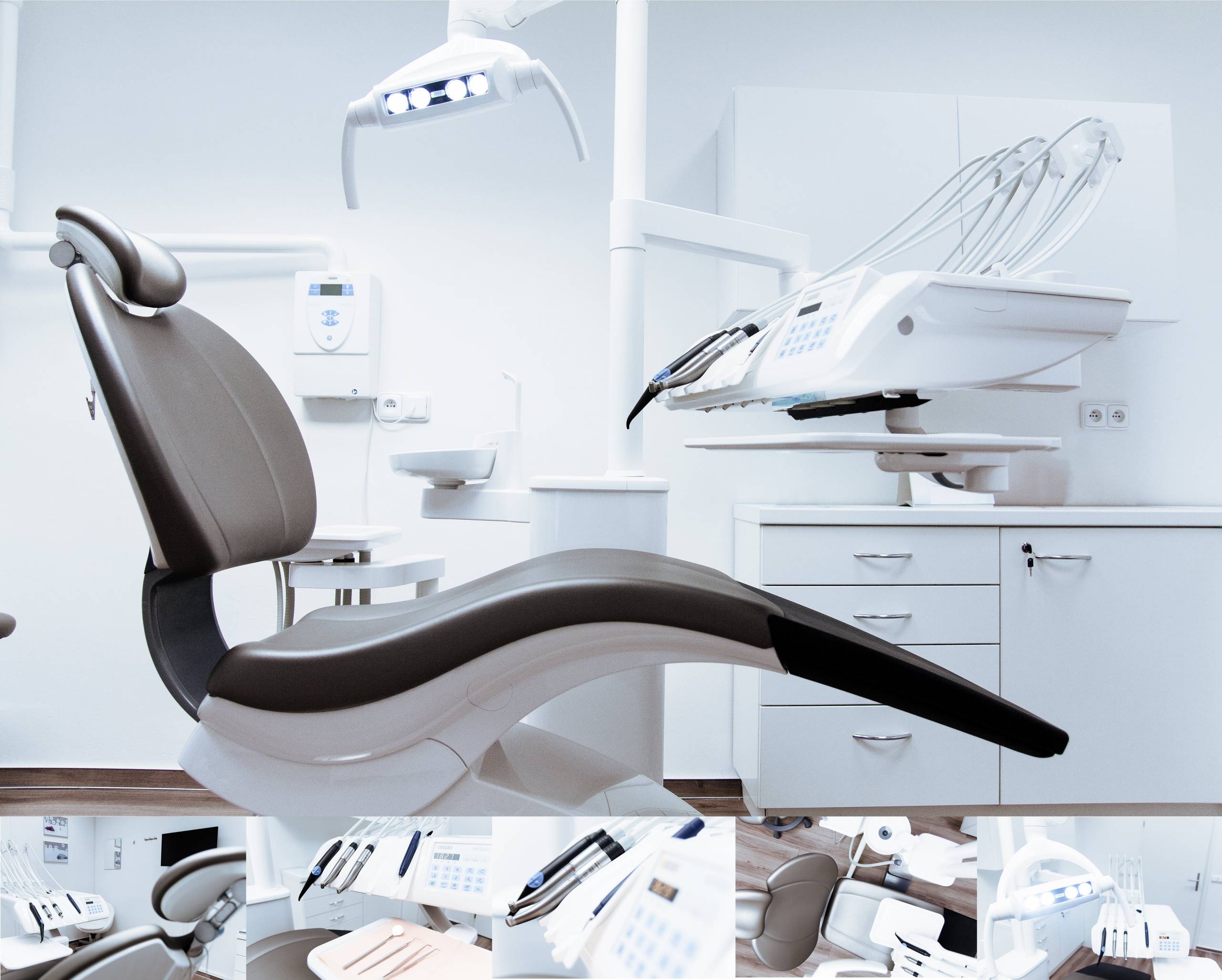Insightful and informative dentist blog, covering a wide range of dental topics alongside new treatment & clinic announcements.

How often should you go to the dentist?
It is commonly believed that everyone needs to have a regular checkup with their dentist every six months. However, no-one is really sure where that advice came from.
Guidelines from the National Institute for Health and Care Excellence (NICE) indicate the number of checkups should actually be determined on an individual basis, depending on someone’s risks from dental disease. However, the guidelines state that “the shortest interval between oral health reviews for all patients should be three months”, with the longest interval for adults over 18 being 24 months, but only if they can demonstrate they are maintaining good oral hygiene.
On the whole, we agree with the common opinion and recommend that the majority of our patients have regular six-monthly checkups with their dental team – a checkup with the dentist and scale and polish appointments with the hygienist to help them avoid dental problems and prevent tooth decay.
Why do you need regular dental checkups?
Regular dental checkups are necessary because they are a way of identifying oral health issues that you have not yet become aware of and nipping them in the bud with early treatment. For example, your dentist will identify the first signs of tooth decay, enabling them to treat it with a small, discrete filling. If left untreated, a small cavity will become a large one, becoming infected and causing pain with the likely result being you have to make an emergency appointment. A larger filling is also more difficult and more expensive to treat, so early intervention will save you money in the long run.
During a checkup, your dentist will also be looking for signs of gum disease, such as gingivitis, as well as other health problems, particularly oral cancer. If you’re curious about anything to do with your teeth, or something has been bothering you, you’ll also be able to ask them questions.
Gingivitis
Healthy gums are vital. It is possible to lose perfectly healthy teeth and even dental implants if you have poor gum health. This is why good dental hygiene has to be part of your daily routine. Gingivitis is an infection of the gums caused by bacteria that thrive on the buildup of plaque along and below the gum line. Redness, inflammation and tenderness are classic signs that you have gingivitis, which, if untreated, can lead to bleeding from the gums. The good news is that gingivitis is treatable – your dental hygienist can remove the plaque and we can prescribe topical antibiotics to treat the inflammation.
Gingivitis can be prevented by daily brushing and flossing, as well as regular appointments with a registered dental hygienist who will get rid of any plaque you may have missed.
Regular dental hygienist visits
Making regular appointments to visit a dental hygienist is also important if you want to maintain good oral health. Dental hygienists will do a scale and polish, where they’ll get rid of any tartar that has built up on the gum line and between the teeth. Tartar is essentially a buildup of plaque that has hardened over time and combined with bacteria and other organic compounds. Over time it will discolour which means it’s unpleasant to look at. However, the main worry about tartar is the damage it can cause including bad breath, cavities, gum recession and gingivitis which can result in loose and even lost teeth.
As a dental practice, we have specialist dental hygienists in addition to our dentists, meaning that regular appointments for a scale and polish can be scheduled to take place at the same time as your dental checkup. Between us, we can help you stay on top of your oral hygiene, keeping your teeth and gums healthy, saving you painful dental treatment in the future.